
Laura Sanders reports on neuroscience for Science News. She wrote Growth Curve, a blog about the science of raising kids, from 2013 to 2019 and continues to write about child development and parenting from time to time. She earned her Ph.D. in molecular biology from the University of Southern California in Los Angeles, where she studied the nerve cells that compel a fruit fly to perform a dazzling mating dance. Convinced that she was missing some exciting science somewhere, Laura turned her eye toward writing about brains in all shapes and forms. She holds undergraduate degrees in creative writing and biology from Vanderbilt University in Nashville, where she was a National Merit Scholar. Growth Curve, her 2012 series on consciousness and her 2013 article on the dearth of psychiatric drugs have received awards recognizing editorial excellence.

Trustworthy journalism comes at a price.
Scientists and journalists share a core belief in questioning, observing and verifying to reach the truth. Science News reports on crucial research and discovery across science disciplines. We need your financial support to make it happen – every contribution makes a difference.
All Stories by Laura Sanders
-
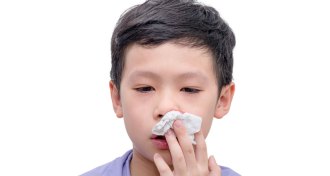 Health & Medicine
Health & MedicineDon’t put greasy Q-tips up your kid’s nose, and other nosebleed advice
Nosebleeds in children are common and usually nothing to fret about.
-
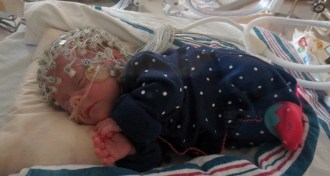 Health & Medicine
Health & MedicineTouches early in life may make a big impact on newborn babies’ brains
The type and amount of touches a newborn baby gets in the first days of life may shape later responses to touch perception, a study suggests.
-
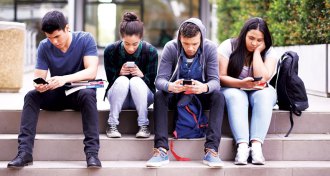 Neuroscience
NeuroscienceSmartphones may be changing the way we think
We rely on our digital devices to connect with others and for memory and navigation shortcuts. What is that doing to our brains?
-
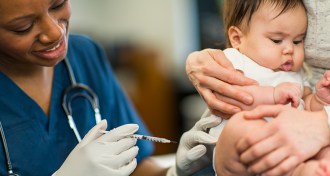 Health & Medicine
Health & MedicineSee how bacterial blood infections in young kids plummeted after vaccines
Rates of pneumococcal bacteremia in children plummeted by 95 percent after the introduction of vaccines against Streptococcus bacteria.
-
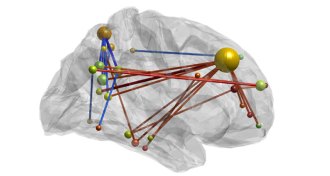 Neuroscience
NeuroscienceBrain training turns recall rookies into memory masters
Six weeks of training turned average people into memory masters, a skill reflected in their brains.
-
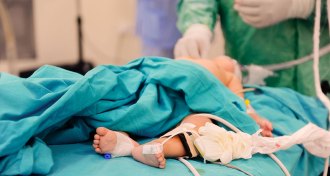 Health & Medicine
Health & MedicineAnesthesia for youngsters is a tricky calculation
Scientists, doctors and parents face uncertainty when it comes to anesthesia for babies.
-
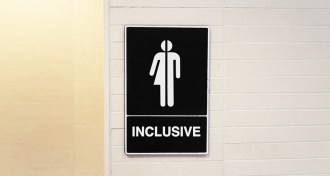 Humans
HumansTransgender children are at greater risk of mental health problems
The Trump administration has rescinded federal protections for transgender kids in public schools, a move that the American Academy of Pediatrics condemns.
-
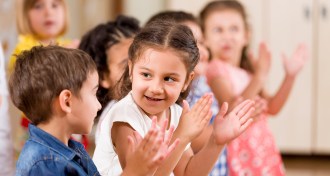 Health & Medicine
Health & MedicineA preschooler’s bubbly personality may rub off on friends
Scientists caught personality shifts in preschoolers over a year by observing play.
-
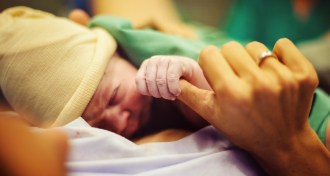 Health & Medicine
Health & MedicineBirth may not be a major microbe delivery event for babies
A study of mother-baby duos suggests that birth itself may not be the main event for getting microbes in and on babies.
-
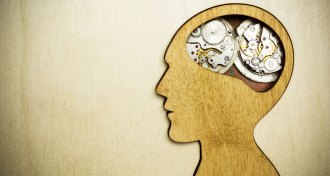 Neuroscience
NeuroscienceMysteries of time still stump scientists
The new book "Why Time Flies" is an exploration of how the body perceives time.
-
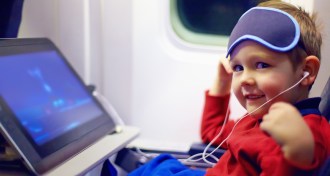 Health & Medicine
Health & MedicineLittle jet-setters get jet lag too
Help young children fight jet lag with a few simple steps.
-
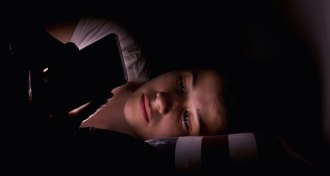 Health & Medicine
Health & MedicineA ban on screens in bedrooms may save kids’ sleep
Screens are associated with worse sleep in kids, and not just because of their lights and noises.